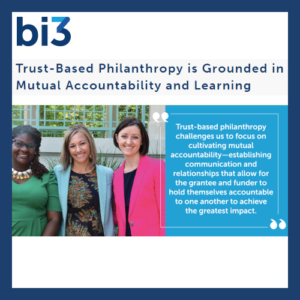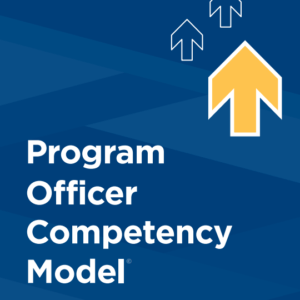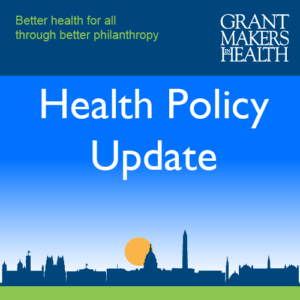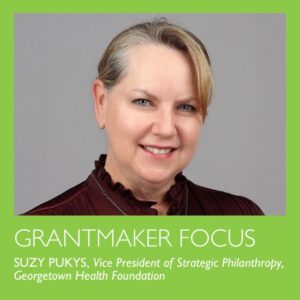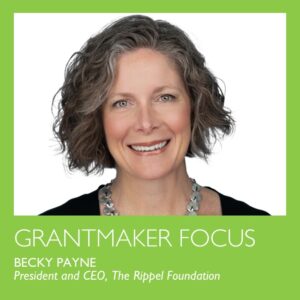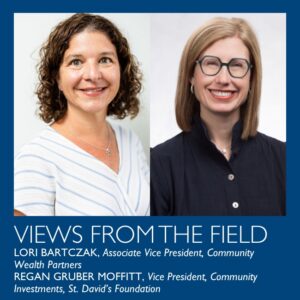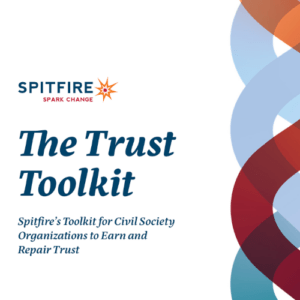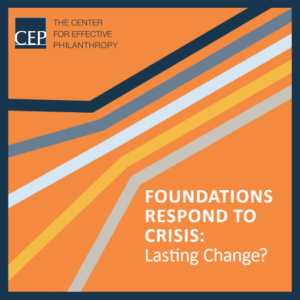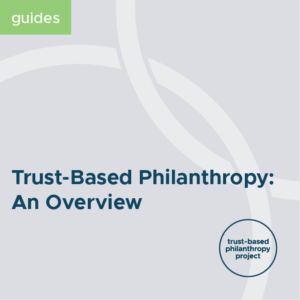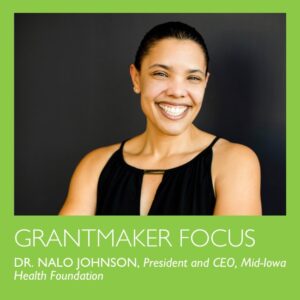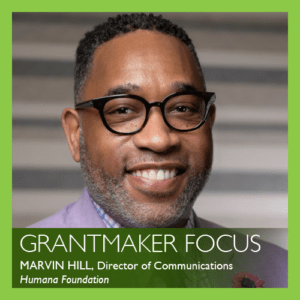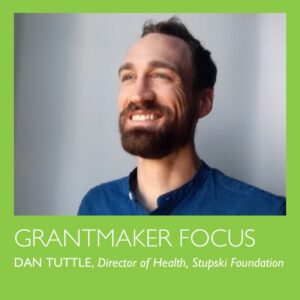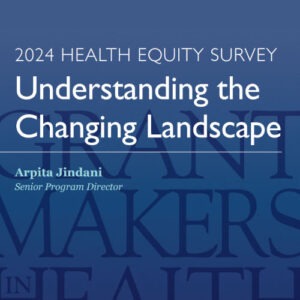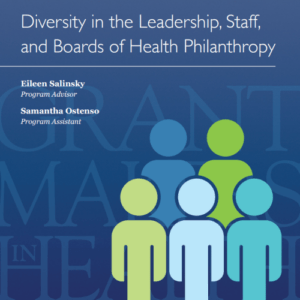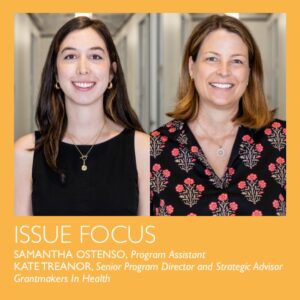Upcoming Events
Contribute to the Philanthropic Growth and Impact Fund
Featured Resources
bi3 Article: Trust-Based Philanthropy is Grounded in Mutual Accountability and Learning
A new article shows how applying a trust-based philanthropy lens helps funders capture the full impact of grants, describes how bi3 evaluates initiatives, and how building funder-grantee relationships grounded in power-sharing, transparency, and mutual accountability helps achieve greater impact.
Taking A cultivate approach to Improve Community Health
Health foundations are increasingly recognizing that their mission is not simply to award grants to deserving nonprofit organizations, but rather to play a catalytic role in improving the conditions that influence health, especially at a population level.
Explore Philanthropic Growth and Impact Topics
Latest Resources
Mid-Iowa Health Foundation
“Utilizing a public health lens, we understand that data is critical to drive decisionmaking. Thus, we seek to invest in data-driven and community-informed initiatives to inform decisionmakers regarding policy and resource investment decisions to positively impact community health.”
Joan Alker of the Georgetown Center for Children and Families to Be Honored with the Andy Hyman Award for Advocacy
Joan Alker, Executive Director and a cofounder of the Georgetown Center for Children and Families (CCF) in Washington, DC, will receive Grantmakers In Health’s 2024 Andy Hyman Award for Advocacy.
Billie Hall of the Sunflower Foundation to Be Honored with the 2024 Terrance Keenan Leadership Award in Health Philanthropy
Billie Hall, President and Chief Executive Officer of the Sunflower Foundation in Kansas, will receive Grantmakers In Health’s 2024 Terrance Keenan Leadership Award in Health Philanthropy.
Humana Foundation
“To advance health equity and help support the needs of the seniors, school-age children, and Veterans we serve, our approach is to operate philanthropy more like a business – embedding it with metrics, driving for collaboration, and informing all decisions with data and research. These are essential elements in moving the needle for people living in underserved communities, especially those who are most vulnerable to trauma and systemic barriers.”
Stupski Foundation
“Our approach to grantmaking in health has been deeply shaped by our choice to spend down, and all for the better. I welcome the chance to connect with others considering how having an end date can transform their work and that of their partners. For us, spending down has liberated us to drastically increase the amount we can spend to advance health equity in Hawai’i and the San Francisco Bay AreaOur approach to grantmaking in health has been deeply shaped by our choice to spend down, and all for the better. I welcome the chance to connect with others considering how having an end date can transform their work and that of their partners. For us, spending down has liberated us to drastically increase the amount we can spend to advance health equity in Hawai’i and the San Francisco Bay Area.”
A Compass of Indispensable Leadership Attributes to Guide Health Philanthropy
Trends in leadership are changing—just take the Terrance Keenan Institute as an example. When the program started in 2010, it focused on general leadership tactics with topics that ranged from leveraging resources and building partnerships to board dynamics. Since then, the Institute’s curriculum has moved towards a recognition that leaders possess individual strengths that can be embraced to make our organizations and the broader field of health philanthropy more effective.
Reports and Publications
Diversity in the Leadership, Staff, and Boards of Health Philanthropy
A new Grantmakers In Health survey of health funder leadership, staff, and boards found that health funder organizations are more racially and ethnically diverse than the broader field of philanthropy.
Advancing Health and Creating Lasting Impact: MacKenzie Scott’s Grants to Health Foundations
In 2019, MacKenzie Scott announced that she was stepping into the world of philanthropy to give away her multi-billion-dollar fortune “until the safe is empty”. She has kept her word—to date, she has given away $16.5 billion. Her initial process for choosing which organizations would receive grants was shrouded in mystery. From 2019 to 2023, Scott used a process she termed “quiet research” to identify possible grantee organizations. The lucky organizations received a call from Scott’s consultants, who let them know they were receiving a grant for immediate use however they would like to spend it. In the Fall of 2022, Grantmakers In Health (GIH) became one of those grantee organizations, along with more than 20 health foundations. Two additional GIH Funding Partner organizations received gifts in 2020 and 2021, respectively.

